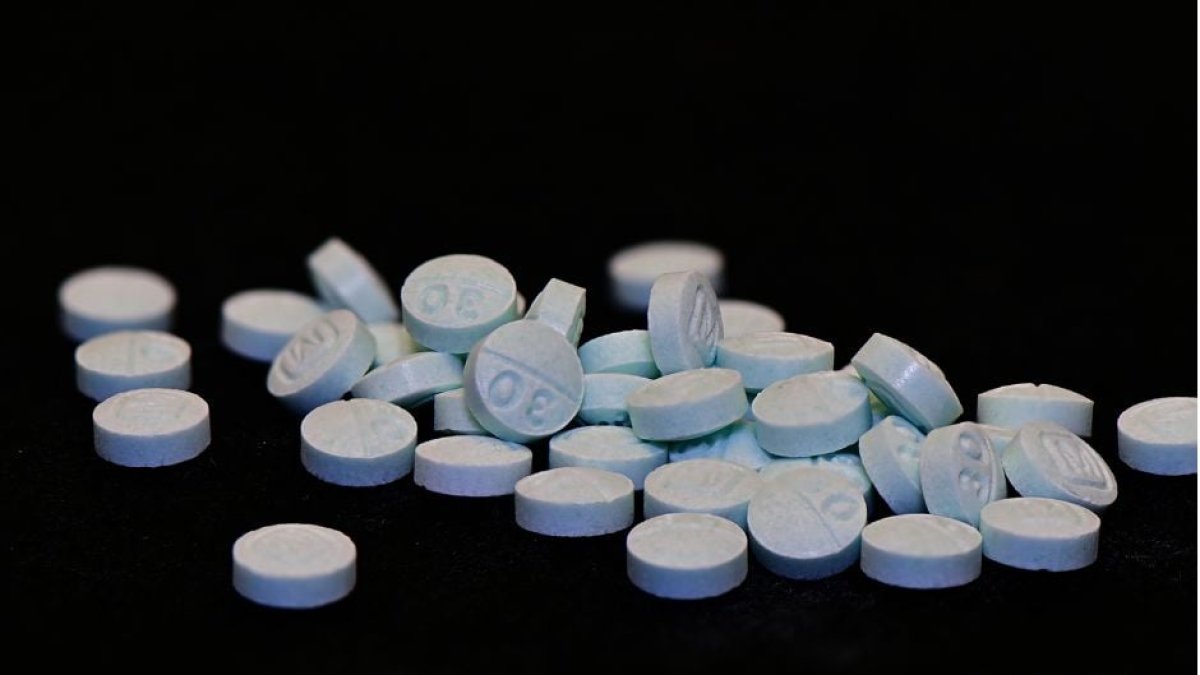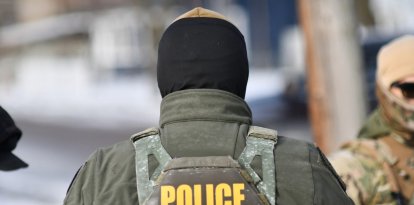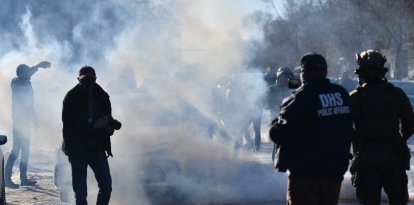Texas Senate passes bill to make fentanyl dealers liable to murder charges
The chamber unanimously approved the rule that considers death from an overdose of this opioid as "poisoning."

(DEA)
The Texas Senate unanimously passed a bill to toughen penalties for the manufacture or distribution of fentanyl. The rule, which will treat overdose deaths as "poisoning," will allow prosecutors to charge traffickers with murder and further reduces the possession requirement to less than one gram for the consideration of a felony of this opioid. The sponsor of the text, Finance Committee Chairwoman Joan Huffman, announced that this initiative will be complemented by other laws and measures to "address this deadly problem."
1,600 Texans killed by fentanyl
Huffman stressed the importance of toughening the fight against this drug, which accounted for the deaths of 1,600 Texans in 2021 and is now "the number one killer of adults aged 18 to 45." The senator insisted that the state Department of Public Safety has seized more than 353 million lethal doses of fentanyl to date. To raise awareness of the fact that this is an absolutely current problem, he presented data on recent deaths of adolescents due to the use of this opioid:
Possession of less than one gram of fentanyl will be a criminal offense
SB 645 is the first step in the strategy that Republicans, led by Governor Greg Abbott, want to implement. Through it, the threshold for the offense of manufacturing or delivery of the drug is reduced from one gram to less than one gram. In addition, penalties have been stiffened: as of its entry into force, convicted offenders will face a third-degree felony and up to 10 years in prison. If someone dies from fentanyl manufactured or sold by the offender, the crime would become a second-degree felony, punishable by up to 20 years. In addition, the sponsor of the text presented an amendment, which was approved, to add a third scenario: that it be considered a felony of first-degree murder in extraordinary circumstances.
In a second step, lawmakers, through SB1319, will update state medical privacy laws to allow law enforcement and health care workers to participate in a free national overdose incidence mapping program. Thus, avoiding that these public officials could face any penalties for processing the data of third parties, Texas will be able to know, almost in real time when an overdose occurs, where and its circumstances. Thus, law enforcement and first responders "can be more responsive, recognize symptoms more quickly and respond earlier to requests for help." In addition, the map will allow for a better redistribution of resources and decision-making in the most affected areas.
Record spending to fight against drugs
Finally, state budgets will be used to combat this problem, prioritizing spending on programs aimed at reducing overdoses, combating trafficking and increasing prevention. To that end, Huffman allocated $18 million for preventive education and to provide overdose reversal medications such as naloxone to law enforcement and first responders. A further $187 million was allocated for the support from the DPS crime lab to local jurisdictions prosecuting fentanyl-related offenses, and a record $4.6 billion for Operation Lone StarThe state's border security program, aimed at enhancing efforts to interdict drugs coming across the border. "It's a fact that fentanyl is flooding our borders, it is absolutely, without a doubt, killing our citizens on a daily basis, and it's time that we take a comprehensive approach to combating this deadly drug," Huffman said.

























